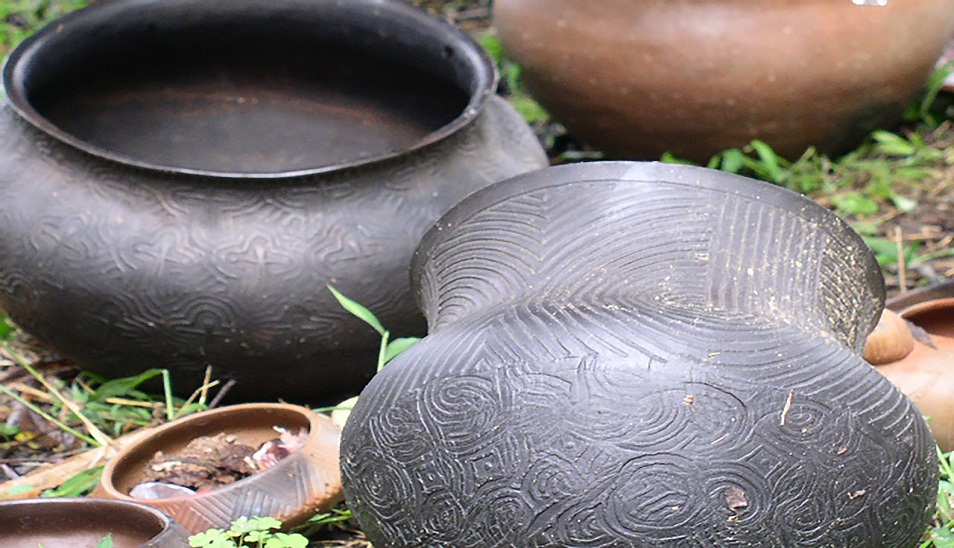The hunter-gatherer lifestyle really can be ideal. It is this progressive divergence from our primal diet and lifestyle that's the underlying cause of most of the common health woes faced by Americans. If you want to be in sync with your genetic heritage, here are the steps you should follow to become a hunter-gatherer.
Nine Steps Toward a Hunter-Gatherer’s Diet:
1. Thrive on the earth’s natural bounty. Eat whole, natural, fresh foods; avoid highly processed foods.
2. Consume a diet high in fruits, vegetables, nuts and berries, and low in refined grains and sugars.
3. Increase consumption of omega-3 fatty acids from fish, fish oil, and plant sources like walnuts, canola oil, greens, soybeans, and flaxseed.
4. Avoid trans fats entirely. Eliminate fried foods, hard margarine commercial baked goods, and most packaged and processed snack foods. Also eliminate consumption of fatty meats and high-fat dairy.
5. Increase consumption of lean protein such as skinless poultry, fish, game meats, and whey protein. Eat only lean, fresh cuts of red meat and limit consumption of saturated fats, including: fatty, salty processed meats like bacon, sausage and deli meats.
6. Incorporate olive oil or canola oil into your diet. Avoid corn, safflower, sunflower, and vegetable oils.
7. Choose purified water, tea, nonfat unsweetened dairy or soy milk, and red wine. Avoid soft drinks, fruit juices, high-fat dairy, and sports drinks. Even 100 percent fruit juices are still loaded with too much sugar and should be considered off-limits. However, low sodium vegetable juices are very nutritious.
8. Use your body as it was designed and programmed over the millennia and engage in daily exercise from a variety of activities that incorporate aerobic and strength training as well as stretching exercises. Outdoor activities are ideal.
9. Develop and maintain relationships that provide social support (e.g., spouse, family, friends, neighbors, community, etc.) Try to also include some activities that involve altruism and nurturing.
In Good Cardio Health,
James O'Keefe, MD
Photo Credit: Pixabay Creative Commons





